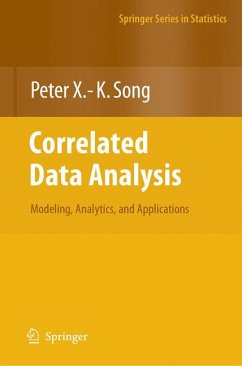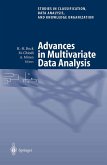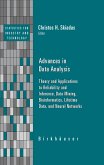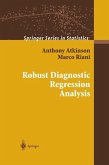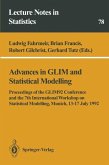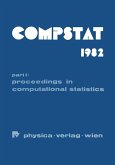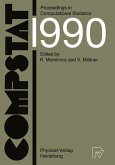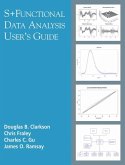This book provides a systematic treatment for the topic of estimating functions. Under this framework, both generalized estimating equations (GEE) and quadratic inference functions (QIF) are studied as special cases. In addition to marginal models and mixed-effects models, this book covers topics on joint regression analysis based on Gaussian copulas and generalized state space models for longitudinal data from long time series.
Various real-world data examples, numerical illustrations and software usage tips are presented throughout the book. This book has evolved from lecture notes on longitudinal data analysis, and may be considered suitable as a textbook for a graduate course on correlated data analysis. This book is inclined more towards technical details regarding the underlying theory and methodology used in software-based applications. Therefore, the book will serve as a useful reference for those who want theoretical explanations to puzzles arising from data analyses or deeper understanding of underlying theory related to analyses.
Peter Song is Professor of Statistics in the Department of Statistics and Actuarial Science at the University of Waterloo. Professor Song has published various papers on the theory and modeling of correlated data analysis. He has held a visiting position at the University of Michigan School of Public Health (Ann Arbor, Michigan).
Dieser Download kann aus rechtlichen Gründen nur mit Rechnungsadresse in A, B, BG, CY, CZ, D, DK, EW, E, FIN, F, GR, HR, H, IRL, I, LT, L, LR, M, NL, PL, P, R, S, SLO, SK ausgeliefert werden.

